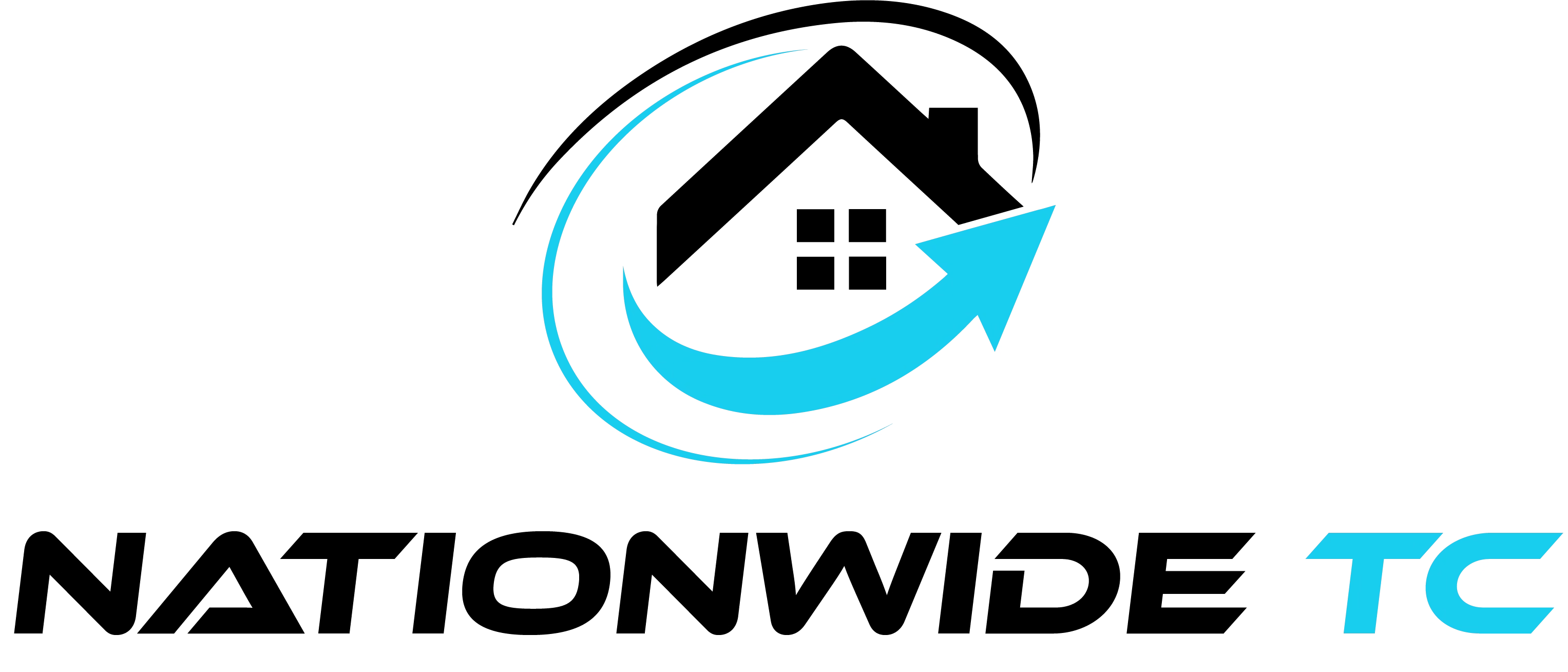No products in the cart.

The Morby Method vs. Traditional Financing: What Every Investor Should Know
Real estate investors often seek the best financing options to maximize profits; consequently. While traditional financing has its benefits, alternative methods are gaining traction; however. One such approach is the Morby Method; notably. Comparing these strategies helps investors choose the right fit for their goals; ultimately.
What Is the Morby Method?
The Morby Method is an innovative way to structure real estate deals. It combines seller financing and a private money loan. This strategy enables investors to acquire properties without traditional bank loans. By leveraging these tools, investors can close deals quickly and creatively.
How Does Traditional Financing Work?
Traditional financing typically involves obtaining a mortgage through a bank or financial institution. Lenders require a credit check, income verification, and down payment. Borrowers then repay the loan over time, usually with interest. This method is reliable but often slow and rigid.
The Morby Method vs. Traditional Financing: Key Differences
Understanding the differences between these methods helps investors determine which suits their needs. Here are the main distinctions:
1. Flexibility in Deal Structuring
The Morby Method offers greater flexibility than traditional financing. Investors can negotiate terms directly with the seller and private lender. Conversely, banks follow strict guidelines, leaving little room for customization. This difference gives the Morby Method a distinct advantage in creative deal-making.
2. Speed of Closing
Real estate investors often face time-sensitive opportunities. The Morby Method enables faster closings because it avoids lengthy bank approvals. Traditional financing, however, requires detailed underwriting, which delays transactions. Therefore, investors needing quick solutions may prefer the Morby Method.
3. Credit Requirements
Traditional financing demands good credit scores and financial stability. Borrowers with lower scores face higher interest rates or loan denial. On the other hand, the Morby Method bypasses credit checks, focusing instead on the property’s potential. This feature opens doors for investors with limited credit history.
Advantages of the Morby Method
Choosing the Morby Method provides several benefits to investors. These advantages make it an attractive alternative to traditional financing.
Lower Barriers to Entry
The Morby Method allows investors to enter the market without significant financial hurdles. Traditional financing requires a hefty down payment and a solid credit history. However, the Morby Method eliminates these obstacles by leveraging creative funding.
Greater Control Over Terms
Investors using the Morby Method can negotiate terms directly with the seller. This approach enables more personalized agreements. Traditional financing, in contrast, relies on standard bank policies, which can’t be customized.
No Need for Bank Approval
Banks have strict lending criteria, which can be a roadblock for many investors. The Morby Method eliminates the need for bank involvement. By doing so, it simplifies the process and reduces delays.
Ideal for Unique Properties
Traditional financing often excludes properties in poor condition or unconventional categories. However, the Morby Method accommodates a wider range of properties. Therefore, this feature makes it perfect for investors targeting niche markets.
Drawbacks of the Morby Method
Despite its benefits, the Morby Method has limitations. Investors should be aware of these drawbacks before choosing this strategy.
Limited Seller Availability
Not all sellers are willing to participate in creative financing. Finding cooperative sellers may take more time and effort. Traditional financing doesn’t face this challenge, as banks finance most property types.
Higher Interest Rates
Private money loans often come with higher interest rates than bank mortgages. These increased costs may reduce overall profits. However, investors can offset this by negotiating favorable terms with sellers.
Increased Complexity
The Morby Method involves multiple parties and agreements, which adds complexity to the process. Consequently, investors must manage seller financing and private loans simultaneously. In contrast, traditional financing has a straightforward structure.
Advantages of Traditional Financing
Traditional financing remains a popular choice for many investors. Its reliability and established processes offer unique benefits.
Long-Term Stability
Traditional loans provide long repayment periods with predictable monthly payments. Consequently, this stability appeals to investors seeking consistent cash flow. Moreover, fixed interest rates shield borrowers from market fluctuations.
Broad Market Acceptance
Most sellers and real estate agents are familiar with traditional financing; consequently, this familiarity streamlines transactions and minimizes confusion. However, the Morby Method, by contrast, may require educating sellers about its structure.
Lower Interest Rates
Banks typically offer lower interest rates than private lenders. This advantage reduces the overall cost of financing. Investors focused on minimizing expenses may prefer traditional loans.
Drawbacks of Traditional Financing
While reliable, traditional financing has limitations that may hinder some investors. Recognizing these challenges helps investors make informed decisions.
Strict Qualification Requirements
Banks impose strict criteria for loan approval, including high credit scores and steady income. These requirements exclude many potential borrowers. In contrast, the Morby Method provides more accessible options.
Lengthy Approval Process
Traditional financing involves extensive documentation and underwriting. This process delays closings and risks losing competitive deals. Investors needing speed may find the Morby Method more suitable.
Limited Flexibility
Banks offer little room for customization in loan terms. This rigidity restricts investors’ ability to tailor financing to specific deals. Therefore, the method’s flexibility is a clear advantage in this regard.
When to Use the Morby Method
This method works best for investors facing certain situations. Understanding these scenarios ensures optimal use of this strategy.
Low Credit Scores
Investors with poor credit can still succeed using this method. Its lack of credit requirements provides opportunities to those excluded by traditional financing.
Time-Sensitive Deals
Fast-closing opportunities benefit from the Morby Method’s speed. Avoiding bank delays ensures investors secure deals before competitors.
Creative Deal-Making
Investors seeking unique financing solutions thrive with the Morby Method. Its flexibility accommodates unconventional terms and structures.
When to Use Traditional Financing
Traditional financing remains a strong choice for certain investors. Knowing when to choose this method maximizes its effectiveness.
Stable Financial Background
Investors with good credit and steady income qualify easily for traditional loans. This reliability makes traditional financing a practical option.
Long-Term Investments
Traditional loans suit investors planning to hold properties long-term. Fixed interest rates and stable payments support consistent cash flow.
Conventional Properties
Banks readily finance properties in good condition and standard categories. Investors targeting traditional assets may find this method convenient.
How to Decide Between the Morby Method and Traditional Financing
Choosing the right financing method depends on individual circumstances. Investors should evaluate these factors before deciding:
Investment Goals
Consider whether your goals align with long-term stability or creative flexibility. Each method caters to different objectives.
Financial Situation
Assess your credit score, income, and available resources, it accommodates limited resources, while traditional financing suits stable finances.
Property Type
Evaluate the property’s condition and market category, it supports unique properties, while banks prefer conventional ones.
Time Constraints
Determine whether the deal requires a quick close. If so, this methods speed offers a distinct advantage.
Conclusion
Both the Morby Method and traditional financing serve valuable roles in real estate investing. Additionally, each method has unique benefits and drawbacks, catering to different investor needs. Therefore, by understanding their features, investors can choose the best approach for their circumstances. Finally, careful evaluation ensures successful and profitable deals.
Click Here to Learn More About Morby Method!
Click Here to Learn More About Our Morby Method Services!
Book a Free 15 Minute Call Today and Find Out More About Our Services!











